WoW Woman in Tech and IoT | Bettina Rubek Slater, co-founder and COO of Pycom
Interview by Marija Butkovic @MarijaButkovic
Bettina Rubek Slater is a Pycom co-founder and a tech marketeer. She spent 20+ years in a variety of tech companies including major blue chip organisations and a handful of start-ups covering areas of consumer electronics, telco and network technologies. With a degree in Engineering and an MBA, she brings product marketing and operational strategy as well as tactical planning to the company. She’s a multi-lingual Dane who speaks fluent English and French and is happy to produce creative attempts and other Scandinavian languages as well as German. She is based in the UK.
What is the idea behind Pycom and how did you come up with it?
The idea behind Pycom is to enable developers to focus on solving real world problems with our technology and not waste time solving hardware issues or having to write and support lots of software. We are an Internet of Things technology company with a vision to give all connected ideas an opportunity to succeed.
We came up with this vision because of our previous experiences working with enterprises trying to get connected project off the ground. That was my background before founding Pycom with Fred who is our visionary CEO and Daniel our CTO and technical wizard.
In just 3 years we’ve pioneered an innovative IoT platform which is a unique suite of hardware and software products that removes barriers and reduces time to market. Developers can get their prototypes done really quickly, test and then go on to produce real life products with our help and that of our partners.
We like to think that we enable and connect developers, enterprises and consumers, creating an ecosystem between connectable things which has enabled product developers and designers to focus on what their vision is quickly and get going fast. It’s about getting from idea to connected product in the space of a few months while you still have steam and cash to get to market.
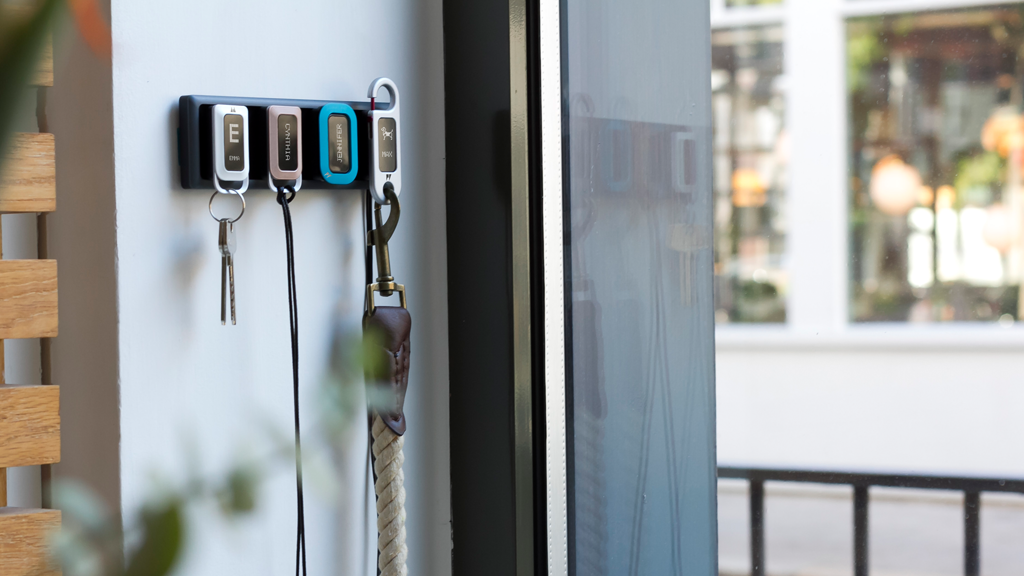
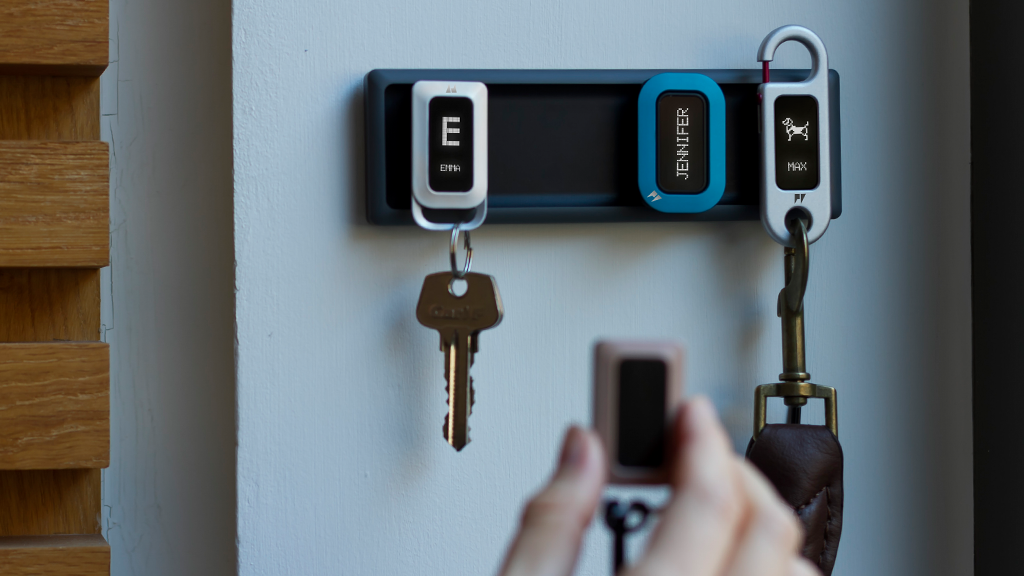
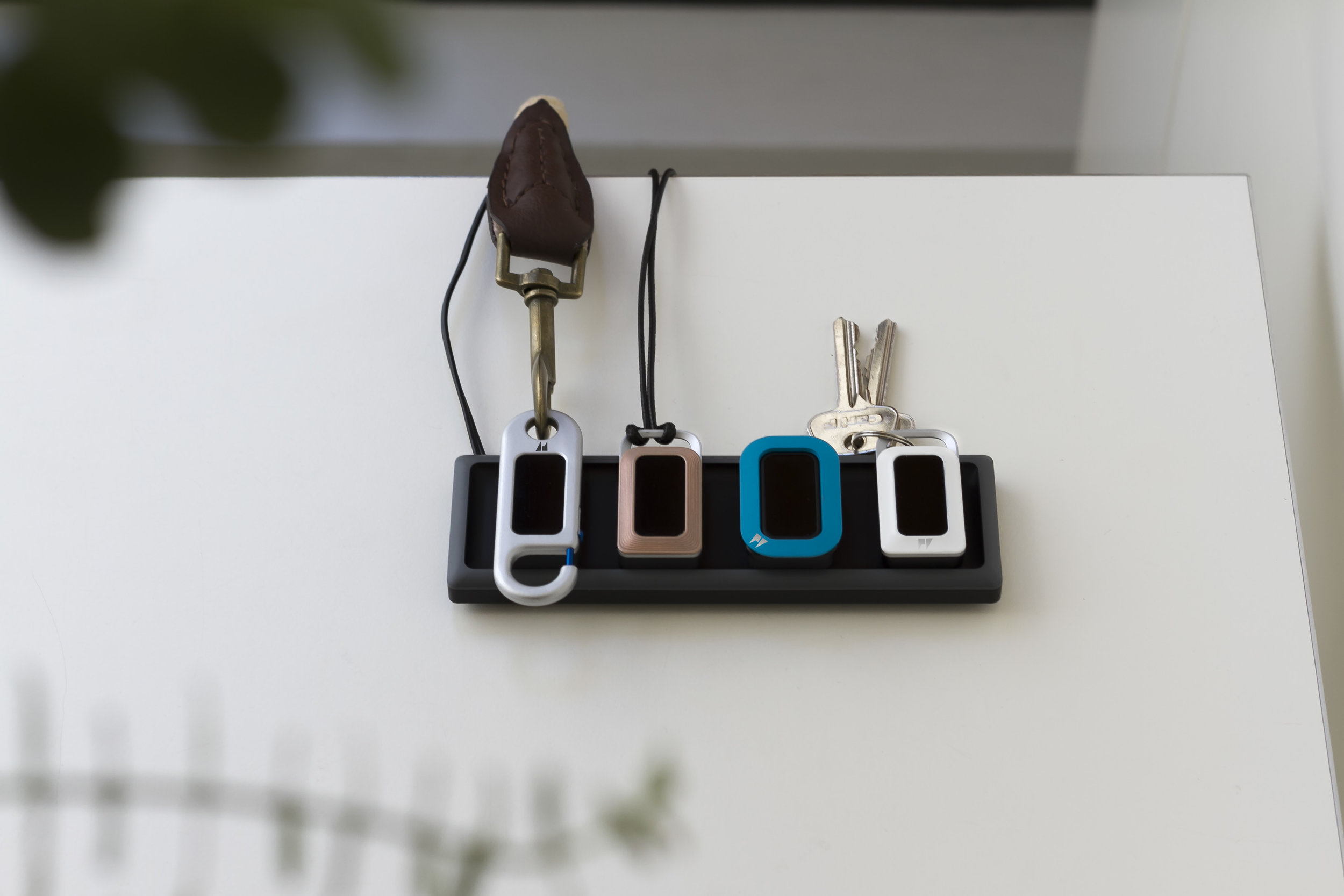
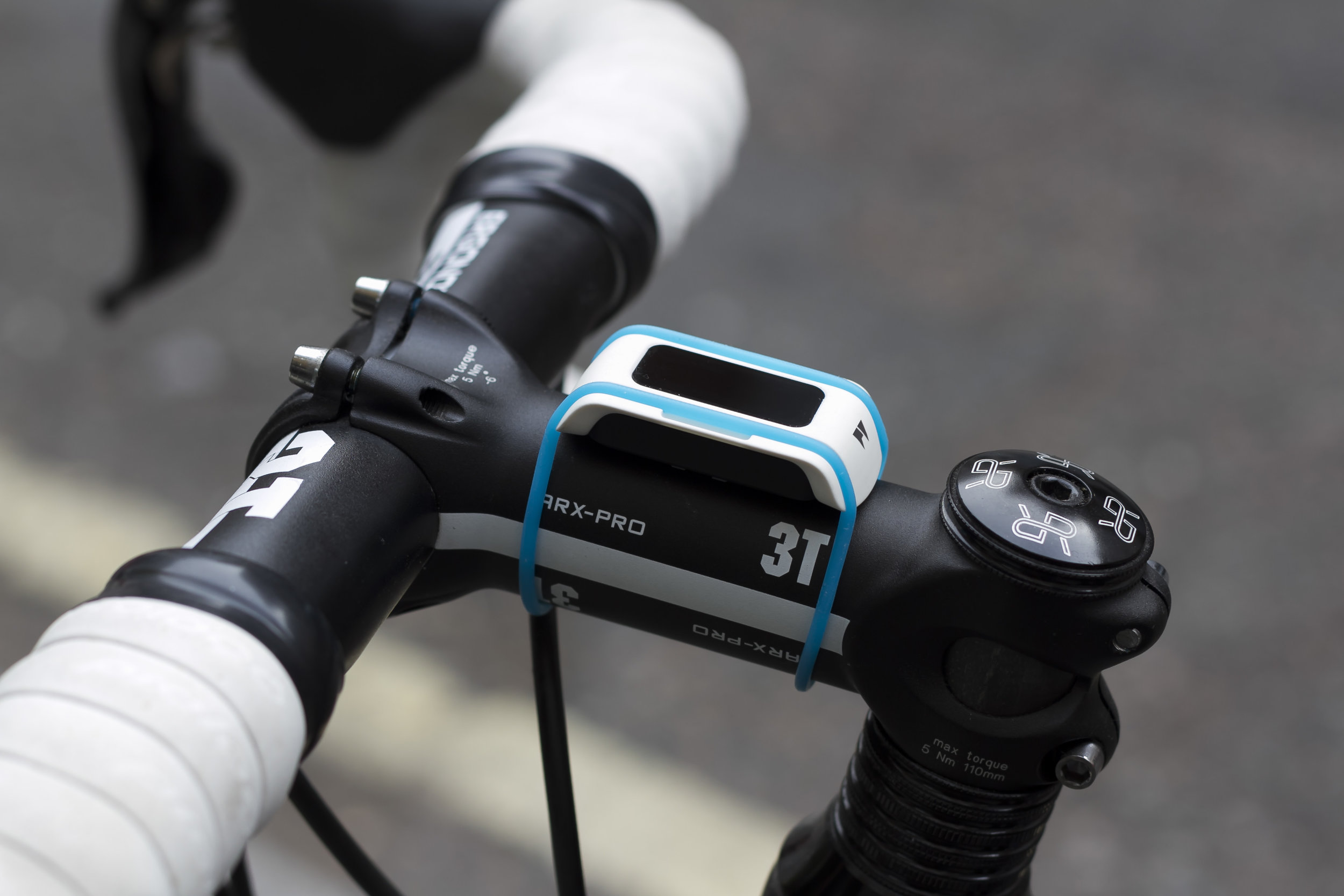
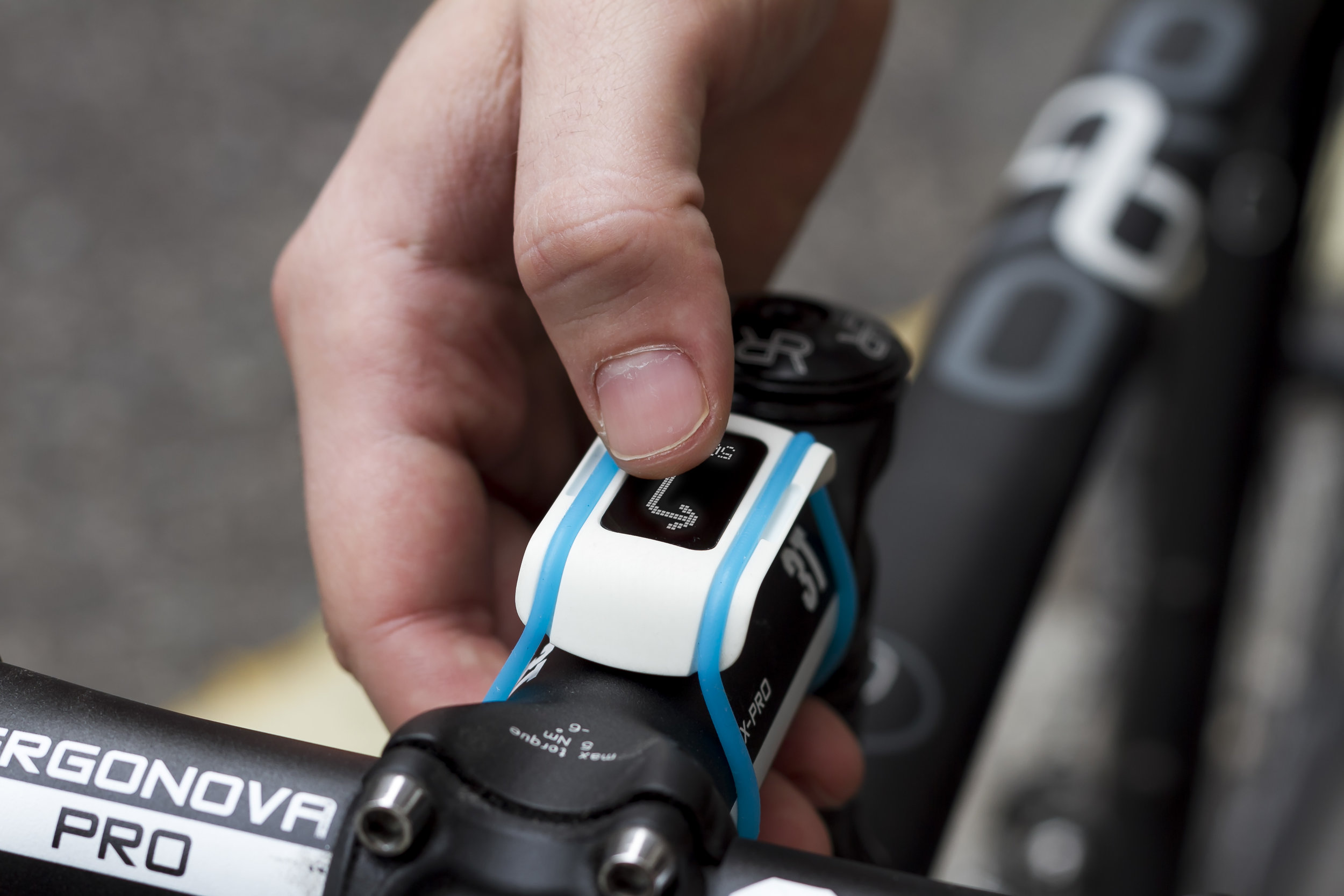
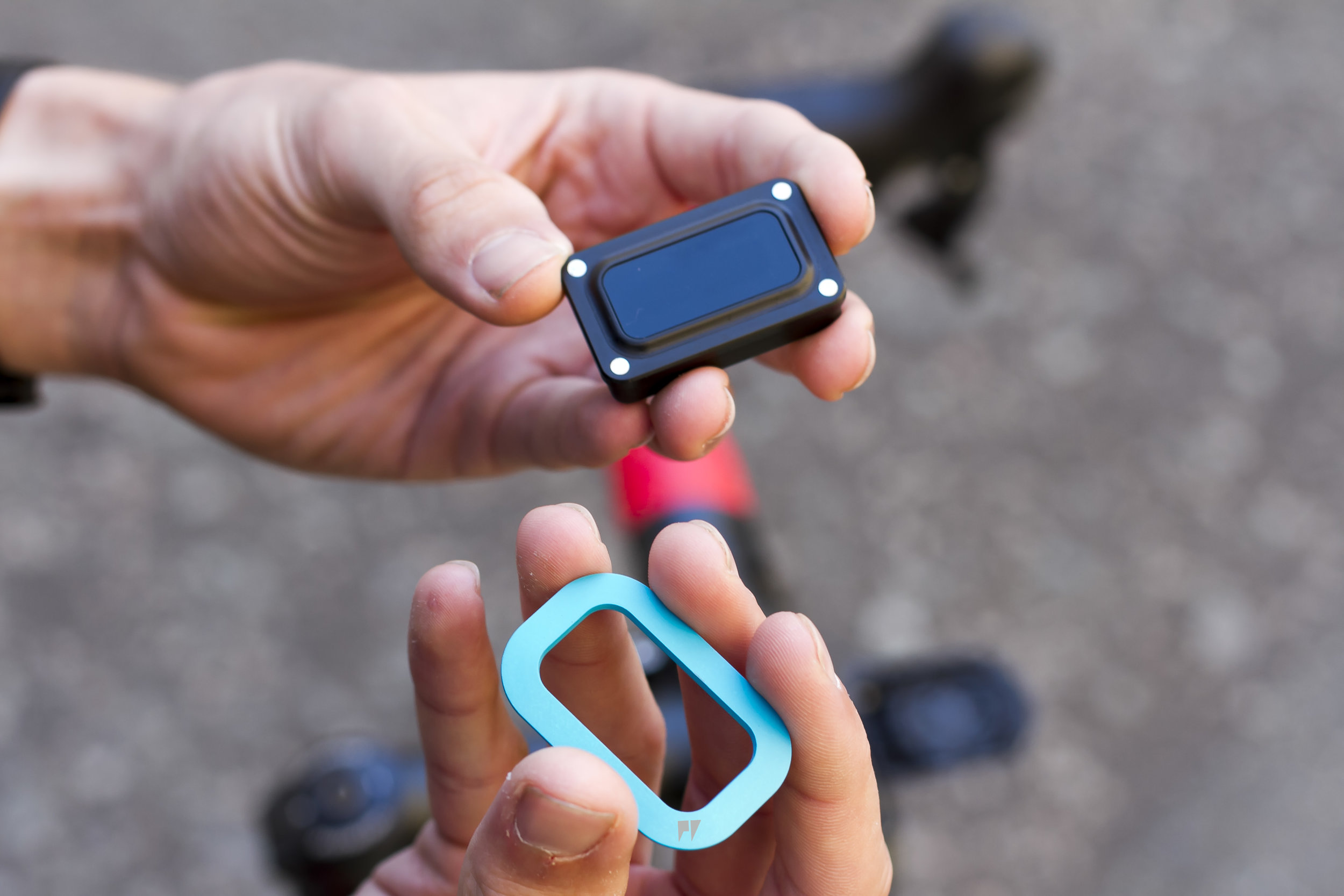
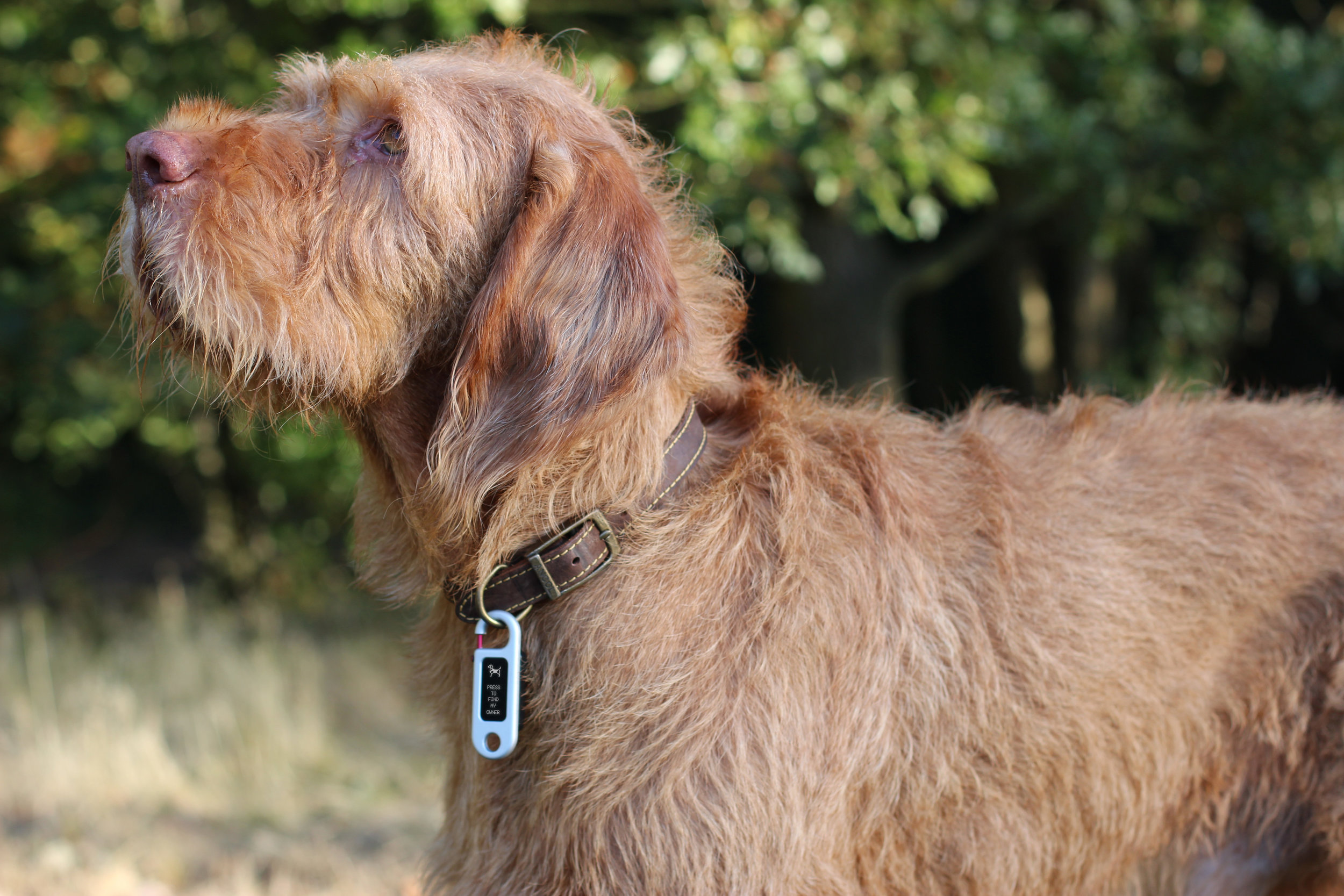

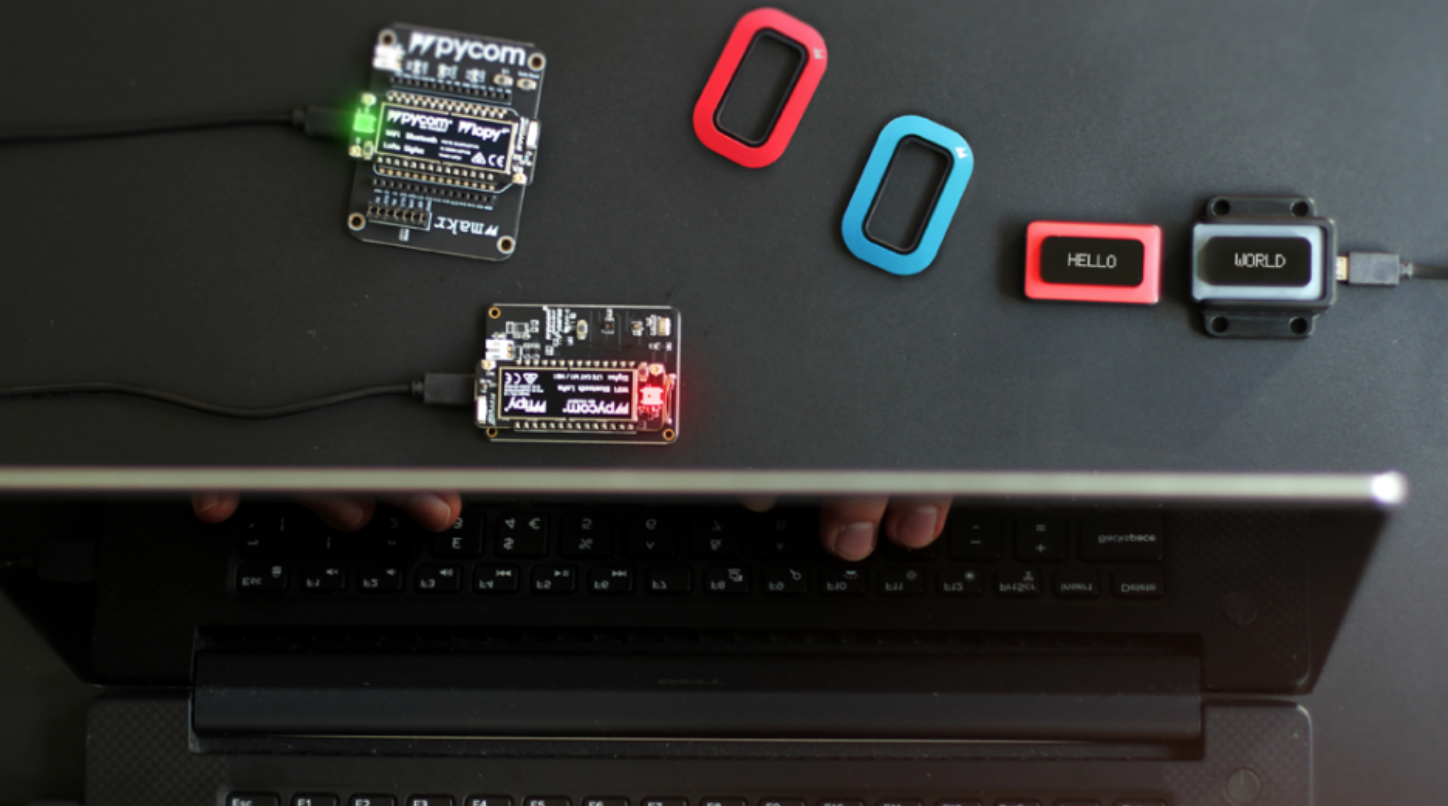
When did all start? How long did it take you to be where you are now?
Pycom was founded in November 2015 and launched in 2016 and we had our IoT Tech portfolio classed as ‘beyond proof-of-concept’ after 2 years. Over this time we’re proud to have delivered a few world firsts. Our flagship board the LoPy, which is the first multi-network LoRa Development board which we launched via kickstarter and of course the FiPy which is the first 5-network development board. Our current Kickstarter offerings - PyGo1 & PyGo2 are part of a proposition called Pylife.
Multi network LoRa development Board (the LoPy 2016)
5-network development board – the FiPy (2017)
The Pylife Devices – PyGo1 and PyGo2, the world’s first meshable consumer IoT devices that developers can develop further
What was the biggest obstacle?
Creating brand and proposition awareness when you are still a small European player in a very vast IoT market, and ensuring that the USPs are clearly understood but we feel we’ve managed to overcome that obstacle and actually whilst creating brand awareness was hard, scaling up our start up to meet demand and move with the vast IoT market is still and will continue to be our largest obstacle, one that all companies in this fast paced tech sector will be able to identify with.
What are your biggest achievements to date?
The rapid growth of our developer community. We’ve grown from three founders working 18-hour days to a team of 22 with a developer community that is 248,686 strong.
We already have two offices in Guildford just south of London and in Eindhoven, the Netherlands and we’re planning to open offices in San Jose, California and another UK office in Norwich to support our community growth and launch of our Pylife devices - PyGo1 & PyGo2.
We have been told we can be proud to have achieved all of this in such a short time. However one thing is very clear, we couldn’t be doing this without the support and loyalty of our fantastic community of Pyoneers who have given us invaluable insights, feedback and support during these hectic last three years.
What are the challenges of being an entrepreneur in the niche you are in?
Cash and growth funding for innovation. It is very difficult to attract institutional investment in a tech business that doesn’t present a straight forward SaaS model. Hardware is hard and lumpy from a business model point of view and most large institutional Investors either don’t understand or don’t want the risk profile it presents.
How about being a female founder / entrepreneur?
I have never seen being female as an obstacle to what I wanted to do. I’ve worked in technology since I graduated and haven’t felt I was being held back because of my gender. Progressing your career as female or indeed male is about presenting logic cases for change and putting in the leg work to make things happen. Standing up for what you believe in, in whatever small way, is not about gender it’s about guts and daring to have a voice. It doesn’t matter whether you are male or female.
What are your projects you are currently working on?
Pycom have just launched a Kickstarter campaign to generate awareness and validate our newest addition to the Pycom family - Pylife. PyLife is a platform that includes a Mobile App and a brand new type of wearable IoT product called PyGo. is it like other wearable devices? In many ways yes, but actually, it’s not at all. There are many great wearable devices out there but they all have one common trait - single use case device and single use case App. By now, you probably already have a few wearables…? Something on your wrist, maybe in your bag or perhaps attached to your pet. Each of these wearables have an app that you must set up, log into and click on to monitor. What if you could have it all in a device that you can repurpose and one single app that gathers it all in one dashboard? Enter Pylife and PyGo.
PyGo is the world's most connected device. You can wear it and use it out of the box - with some skills you can utilize it for multiple functions with its inbuilt accelerometer or build it into a project of your own to rapidly prototype your concepts without worrying about creating hardware to a consumer level yourself.
PyGo offers traditional network communication WiFi, Bluetooth (BLE) and LPWAN-based network communication capabilities such as LoRa, SigFox and cellular (CAT M1 and NB1, also referred to as Narrowband IoT or NB-IoT). One of PyGo’s core features is PyMesh - this enables you to stay connected with and via other PyGos, even in remote areas where there are no networks available. Pymesh is your own little network that can extend to others if you’ like that. Keep it private or join a community of others, that choice is yours. It does this by utilizing a LoRa network that is created between devices and this means it can seek out other public PyGo devices that are connected to the Pylife platform. All of this can be conscious or anonymous. The users choose how they would like to be set up and the data that comes out of the use is stored on the phone or in the cloud, belongs to each user and remains private (with encryption). The Facebook scenario where users find their data shared with other 3rd parties will never occur with Pylife. The encryption Pycom has deliberately set up for Pylife makes it impossible to leverage the data for anything other than personal use.
The Pylife App gives you a dashboard of all your connected people, pets and things and organises each in easy-to-use communications channels that are similar to well-known apps such as Whatsapp or messenger. It basically keeps users connected to everyone and everything they care about in a really intuitive way.
If you have development aspirations, the Pylife App gives you a bit of that too. We have included an IFTTT interface that enables you to configure your PyGo and your use case to exactly your needs.
And lastly, PyGo also fulfils even the most hardcore developer needs - you can access all the APIs and use the regular Pycom development tools to make PyGo exactly what you want it to be.
Is #WomenInTech movement important to you and if yes, why?
“Only 17% of employees in tech are women. More than 60% of 11-21 year-old girls believe STEM is 'just for boys'. Such inaccurate perceptions hold girls back from considering a future in the technology industry. Only one in six school leavers starting a degree in computer science in 2016 was female.” https://www.managementtoday.co.uk/uks-inspiring-women-tech/women-in-business/article/1455290
Yes, women and children in tech is a subject very close to my heart. Tech is rapidly becoming part of everything we do, how we live and organise ourselves. Understanding it and being able to develop it means you easily have a place in building the future for this planet.
There are very many ways to get involved in tech. Lots of local and online initiatives offer teaching, community involvement and support for learning about technology of various types.
I think we’ve hit a time where there’s no longer room for stereotypical ways of thinking job and career choice. We must make sure girls and young women realise that tech is an opportunity that is also open to them. And I guess the flip side is that we need to make sure boys know and endorse that too.
Speaking from experience of working in tech for the past 20 years, I can safely say that it offers very fulfilling careers all over the world and great flexibility for a home and work life balance which is important for those women who want to focus on things outside work too, have children and be present during their early years or for those who just want to have freedom to work anywhere in the world.
What is the most important piece of advice you can give to all founders and entrepreneurs in this industry out there?
It’s the old adage for start-ups! They must make sure they understand that product uptake takes longer and to build awareness and market momentum is a challenge and also that everything costs more than everyone budgets for. Forecasting is an art but if you take your initial and probably optimistic outlook and then ‘double the time and double costs’ and you’re probably going to be ok.
One other lesson we have learned early on and then time and time again at Pycom is that it’s not because you are small that you can’t make difficult decisions. If something isn’t right, take decisions that seem scary and out there for the good of your customers. The success will follow.
The last piece of advice is don’t give up on a dream of making something great just because someone tells you that ‘you can’t’. If the dream is a ‘vision’ and your path to achieve it is your ‘strategy’ then lay a new path if you hit obstacles. It’s then not a question of if you get there, but when and how.
What will be the key trends in the wearable tech and IoT industry in the next 5 years and where do you see it heading?
From a market point of view, there’s no doubt that IoT as an industry will become the biggest and most prolific industry the world has ever seen. It’s a tsunami the engulfs everything from telco to pretty-much all vertical markets. Everyone is classing their company and offering under the banner of IoT, and this includes wearables.
Billions of connected devices will come to life over the next 5 years in all industry verticals and this will lead to a lot of optimisation and efficiency. For suppliers and adopters, IoT is about saving time/money or making time/money. And it’s not even a bubble. By the time everything is rolled out, it will be time to update existing installations and that brings on new waves of business for the IoT ecosystem.
We’re only at the infancy of what can be delivered with the technology we’ve got today.
Some challenges will persist and new ones emerge. Today Business to Business IoT solutions are supposed to deliver a zero-sum-business case whereby the savings or the new revenues equal or surpass the cost of acquisition and cost of ownership. Making the technology more affordable will continue to be a requirement.
Who are your 3 inspirational people / businesses in wearable tech / IoT?
Marissa Mayer, first female engineer at Google and former CEO of Yahoo! Being female should not be an obstacle as long as you’re passionate about what you do: “If you can find something that you’re really passionate about, whether you’re a man or a woman comes a lot less into play. Passion is a gender-neutralizing force.”
Sheryl Sandberg, COO of Facebook. On recognising that women are needed everywhere in an organisation – no more no less. “We need women at all levels, including the top, to change the dynamic, reshape the conversation, to make sure women’s voices are heard and heeded, not overlooked and ignored.”
Steve Jobs was the first visionary to deliver super user-friendly wearable technology in the shape of iPods and subsequently iPhones and iWatches. He was ruthless on his teams and on delivering upon his vision but look at the unmatched ecosystem Apple delivers today.
Website: https://pycom.io/
This interview was conducted by Marija Butkovic, Digital Marketing and PR strategist, founder and CEO of Women of Wearables and co-founder of Kisha Smart Umbrella. She regularly writes and speaks on topics of wearable tech, fashion tech, IoT, entrepreneurship and diversity. Visit marijabutkovic.co.uk or follow Marija on Twitter @MarijaButkovic @Women_Wearables @GetKisha.



